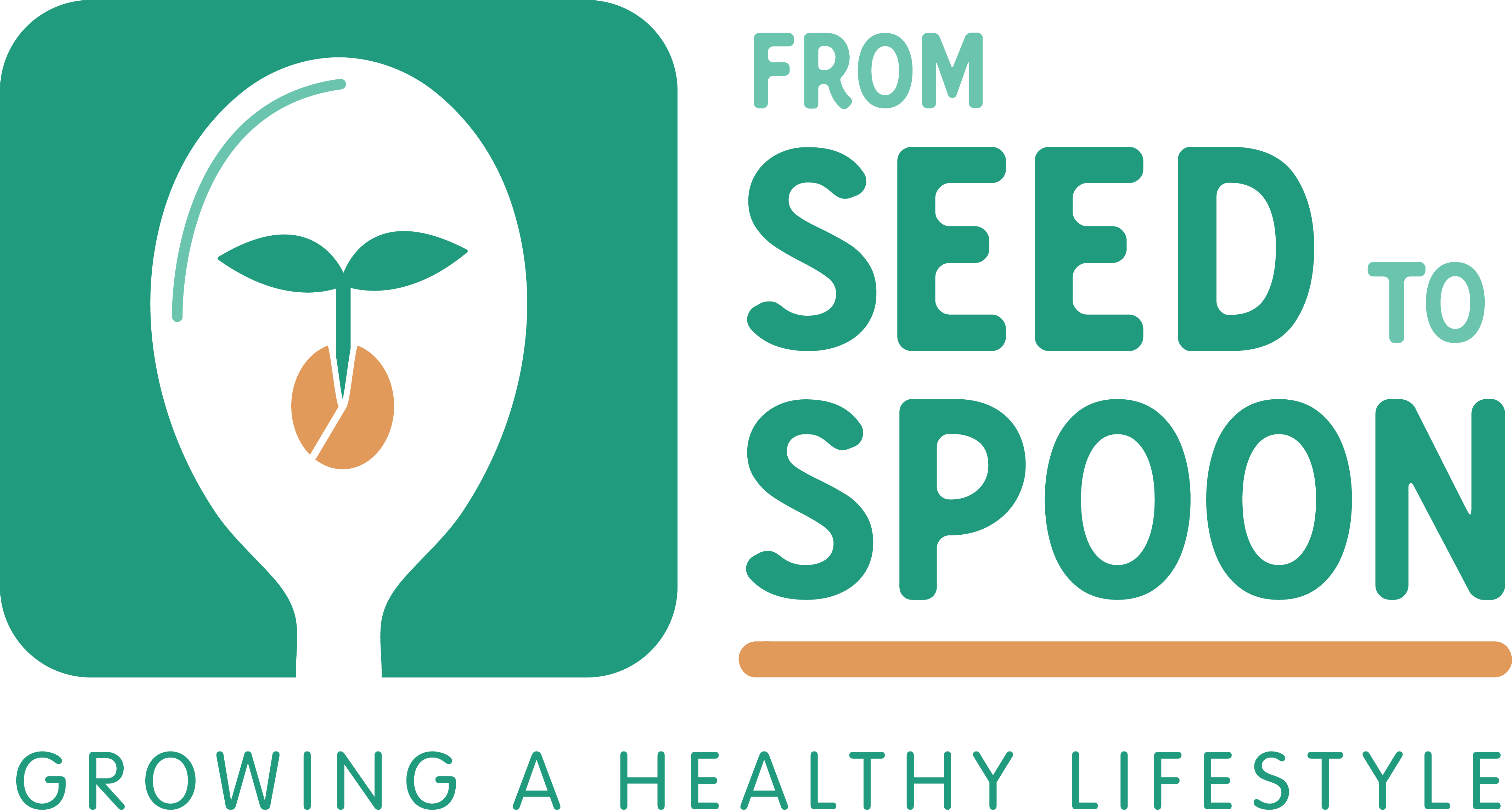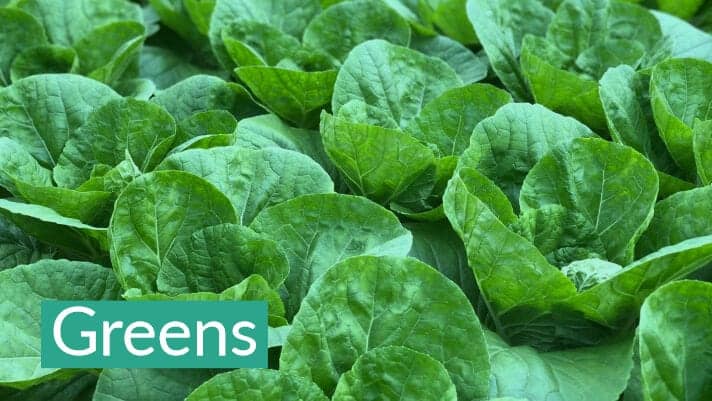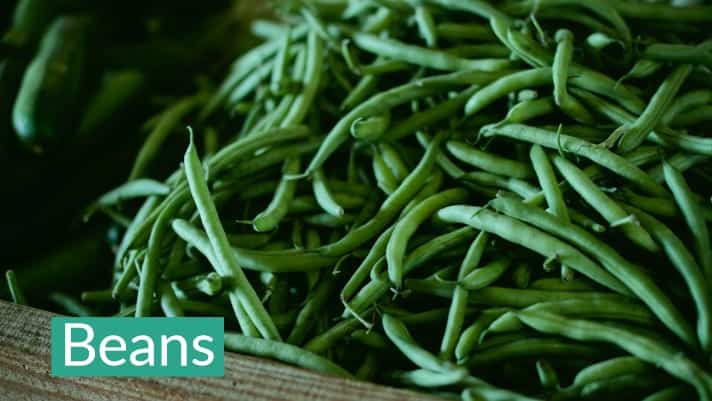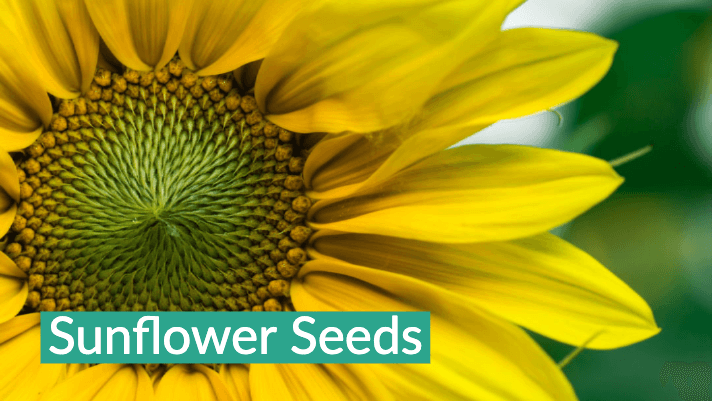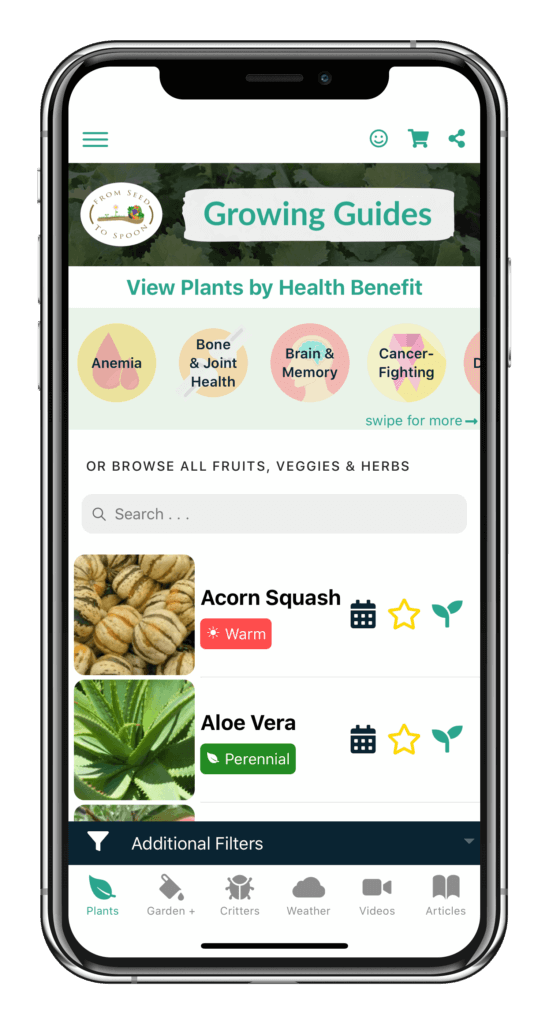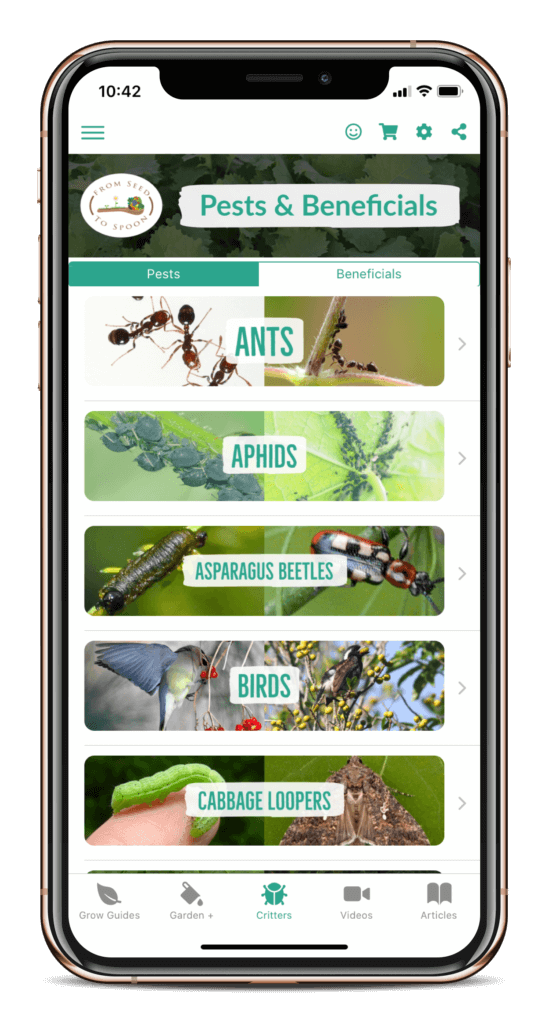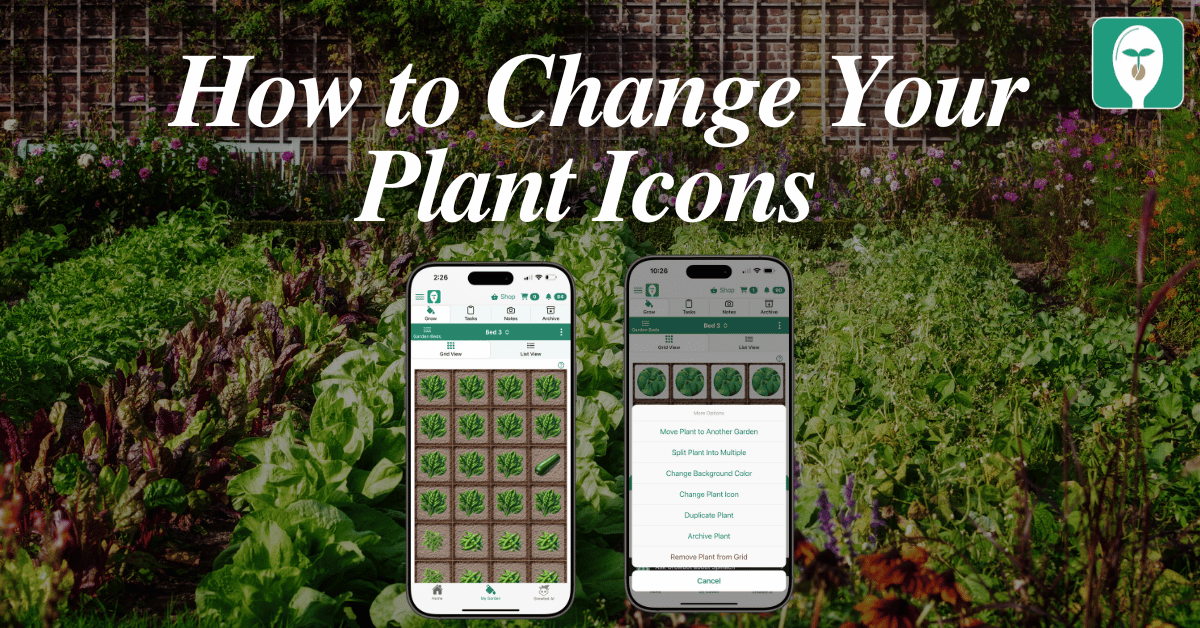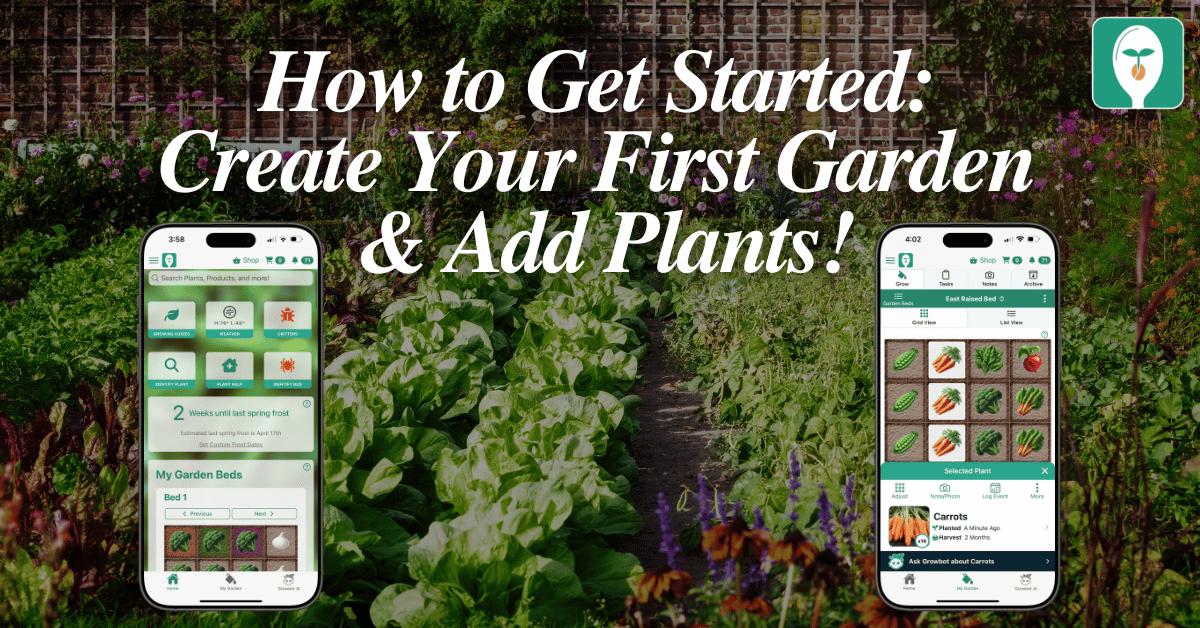Berries (such as strawberries, blueberries, blackberries, currants, elderberries, goji berries, and gooseberries) are all extremely important for your thyroid health! Berries have a high amount of antioxidants which help the thyroid process iodine in the body.
Green, leafy vegetables (especially spinach) are super nutritious to add into your diet! Although you do want to be careful with eating too many cruciferious veggies (such as kale, broccoli, cabbage, etc), greens are still an important part of maintaining your overall health and adding iron and antioxidants into your diet.
Turmeric is a great spice to add into your diet if you have thyroid issues! Turmeric significantly helps to decrease inflammation which in turn can help to improve your thyroid condition.
A common side effect of hypothyroidism is lethargy and constipation. Beans are a great fighter against both of these providing you with more energy and fiber to reduce your constipation problems. Pole beans, bush beans, garbanzo beans (chickpeas), southern peas (black-eyed peas), and peas can all work to help with these common side effects.
*Avoid eating soybeans though if you have hypothyroidism.
Learn more about growing over 100 different foods, including how to manage various pests in our FREE iOS, Android, or Universal Web App!
This content is for informational purposes and not intended to be a substitute for professional medical advice, diagnosis, or treatment. Always seek the advice of your physician or other qualified healthcare provider with any questions you may have regarding a medical condition. Never disregard your professional medical advice or deal in seeking it. It’s important to note that each person is different and their body will react to foods differently. See what works best with your body and discuss with a physician if you have any questions.

Carrie Spoonemore, co-founder of “From Seed to Spoon,” stands as a beacon of inspiration for gardeners and health enthusiasts alike. Her journey alongside her husband, Dale Spoonemore, in creating a platform that demystifies gardening and promotes a healthier lifestyle, has made a significant impact on individuals around the globe. Through the “From Seed to Spoon” app, Carrie has dedicated herself to empowering people to take control of their health and environment by growing their own food.
With a profound belief in the power of gardening to improve mental and physical health, Carrie’s contributions to the Seed to Spoon blog reflect her holistic approach to wellness. Her articles often focus on the nutritional benefits of homegrown fruits and vegetables, organic gardening practices, and the mental health benefits of spending time in nature. Carrie’s expertise in health science shines through in her detailed discussions on how specific plants can contribute to a balanced diet and overall well-being.
Carrie’s passion for gardening is deeply intertwined with her commitment to family and community wellness. She frequently shares personal stories of how gardening has brought her family closer together, offering practical tips for involving children in gardening activities and making it a fun, educational experience. Her writing encourages families to explore gardening as a means of spending quality time together while learning about nature and sustainability.
In addition to gardening advice, Carrie’s contributions to the blog include insights into the use of technology to enhance the gardening experience. She has played a crucial role in designing the “From Seed to Spoon” app to be user-friendly, ensuring that users of all ages and backgrounds can navigate the complexities of gardening with ease. Her vision for the app is not just as a gardening tool but as a vehicle for change, inspiring individuals to adopt a more sustainable lifestyle by growing their own food.
Carrie Spoonemore’s presence on the blog is marked by her compassionate approach to teaching and her unwavering belief in the transformative power of gardening. Her work continues to inspire a community of gardeners to pursue a healthier, more sustainable way of living, proving that with the right tools and knowledge, anyone can become a gardener and advocate for their health and the planet.
